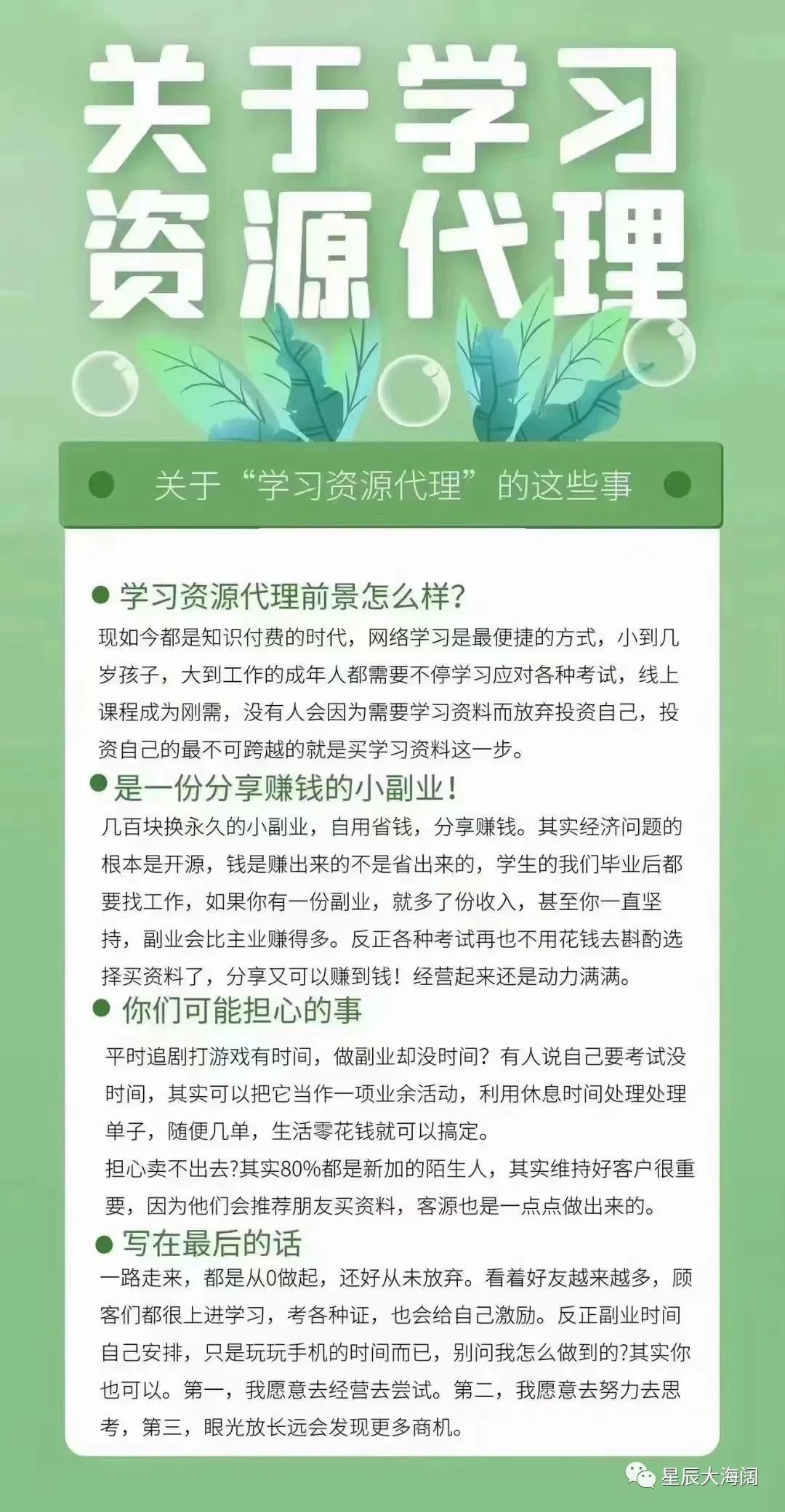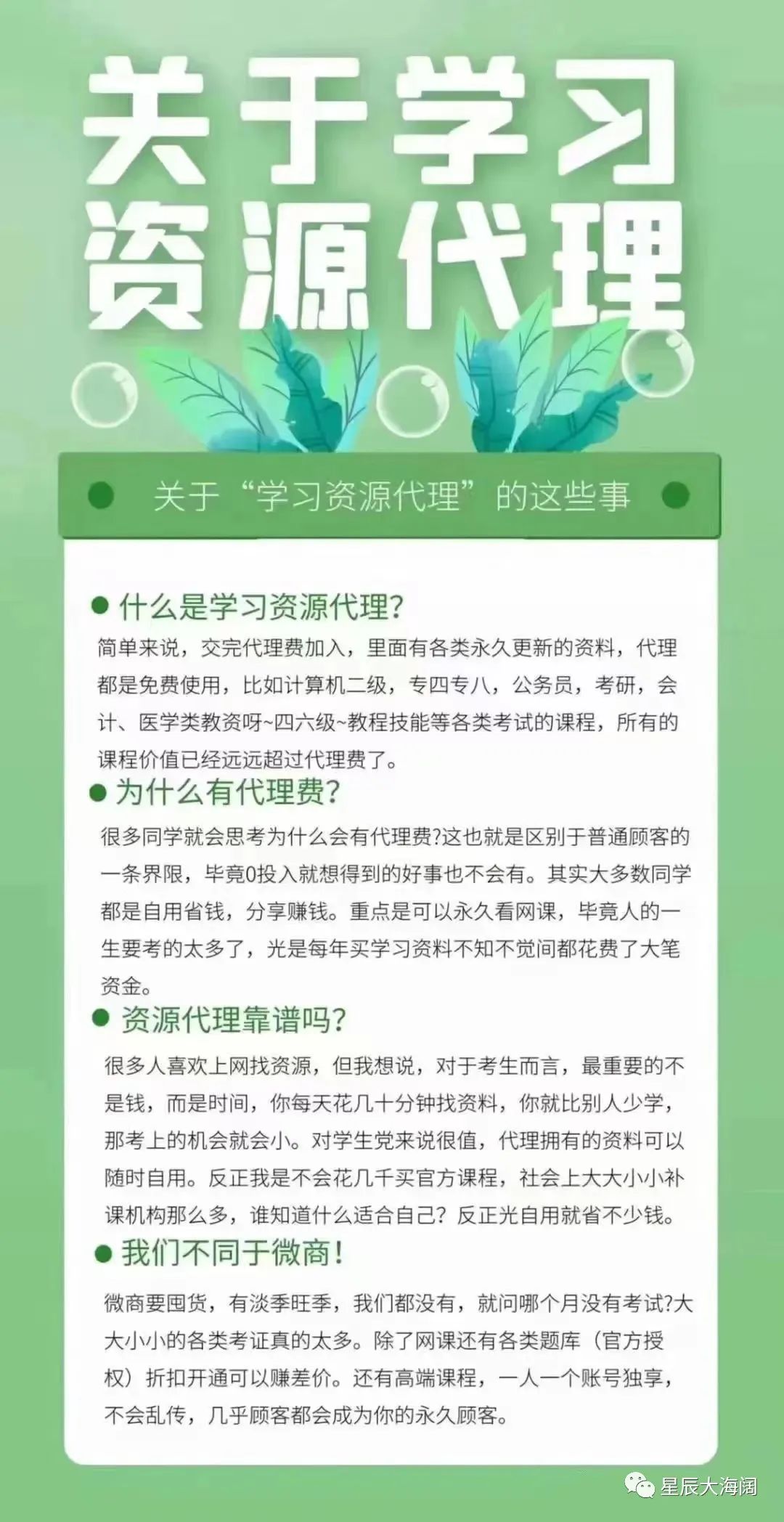【品牌命名32讲】
这个课程我学了,感觉非常不错,受益匪浅,需要的宝子
+V♥:fmpk6666 抱走哦~
声明:资源收集于网络,仅用于试学及购买课程之参考,切勿用于其他用途,请支持购买正版课程!如若侵权,请留言告知删除,谢谢!



-----以下忽略,为内容填充-----
Vacuum, derived from the Latin word "vacuus," meaning empty or void, refers to a space devoid of matter. In a vacuum, the pressure is significantly lower than atmospheric pressure. This absence of air or any gases creates unique conditions that have numerous applications in various fields.
The concept of vacuum has been known since ancient times, but it was not until the 17th century when scientists started understanding and experimenting with its properties. Evangelista Torricelli, an Italian physicist, invented the mercury barometer in 1643, which uses a vacuum to measure atmospheric pressure.
In the field of physics, vacuum plays a crucial role. It is utilized in electronics for the fabrication of semiconductors, where the deposition of layers of materials onto substrates is done in a controlled vacuum environment. The absence of air prevents oxidation or contamination of the sensitive components. Vacuum tubes were widely used in early electronics, and although they have been largely replaced by solid-state devices, they are still used in niche applications such as high-power amplifiers.
Vacuum is also extensively applied in the field of manufacturing and packaging. Vacuum packaging helps preserve food by removing air and inhibiting the growth of microorganisms. It extends the shelf life of perishable items such as meat, fruits, and vegetables. Moreover, vacuum sealing is employed in the storage of sensitive materials like electronic components and pharmaceuticals, minimizing degradation and maintaining their quality.
Another important application of vacuum can be found in the field of space exploration. The space between celestial bodies, known as outer space, is a near-perfect vacuum. To simulate conditions encountered in space, scientists use vacuum chambers to test the durability and performance of spacecraft components. These tests ensure that the materials and systems used in space missions are capable of withstanding the harsh conditions.
In conclusion, vacuum is a fundamental concept with diverse applications in various fields. From its role in physics and electronics to food preservation and space exploration, the absence of matter creates unique conditions that are beneficial in a wide range of industries. Continued research and innovation in vacuum technology will undoubtedly uncover even more fascinating applications in the future.




